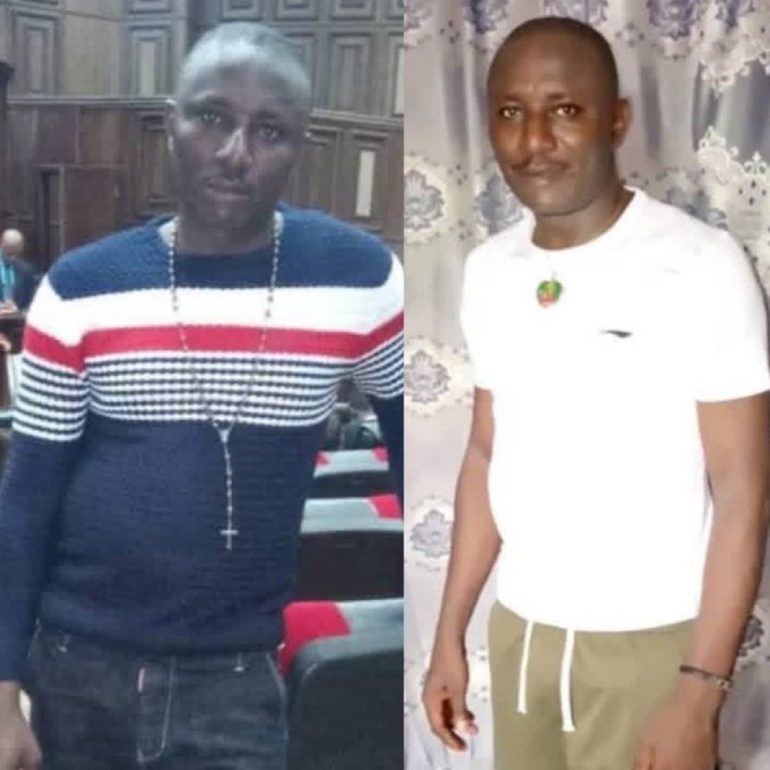By Ademola Adekusibe
Kelvin Prosper Oniarah, better known across the Niger Delta underworld as Kelvin Ibruvwe, was once one of Nigeria’s most feared kidnapping kingpins. For years, his name evoked terror from Edo to Delta, from Benue to Rivers, where his gang left behind a trail of death, blood, and broken families.
Oniarah led a ruthless network of kidnappers and armed robbers responsible for the murder of police officers, soldiers, and countless civilians. His operations were so daring that they often challenged state authority head-on.
On August 24, 2013, his notoriety peaked when he masterminded the abduction of Barrister Mike Ozekhome (SAN) along the Auchi–Benin highway. The same gang was linked to the kidnapping of a judge of the Edo State Judiciary, a senior official of the Federal Inland Revenue Service, and Dr. Chudi Nwike, former Deputy Governor of Anambra State, who tragically died in captivity. Corps members, security agents, and other unsuspecting victims also fell prey to his reign of terror.
His criminal empire operated from multiple strongholds in Warri, Kokori, Ugbokolo, Benin City, and Aba, each serving as a hub for abductions, torture, and ransom negotiations.
In September 2013, Kelvin audaciously issued a 60-day ultimatum to the Federal Government, demanding the release of his detained gang members and threatening to unleash violence if ignored. Barely a week later, on September 25, 2013, his reign came to an end when a joint security operation involving the Nigerian Army and the Department of State Services (DSS) captured him in a dramatic raid.
He was later sentenced to 20 years imprisonment, a verdict many considered lenient given the scale of his atrocities.
Now, after spending 12 years behind bars, Kelvin Oniarah has walked out of prison a free man following the presidential pardon granted by President Bola Ahmed Tinubu in the recent national amnesty that saw the release of 175 inmates.
His release has since stirred deep unease across the Niger Delta, with many Nigerians questioning the moral and security implications of setting free a man once regarded as the embodiment of organized terror.






